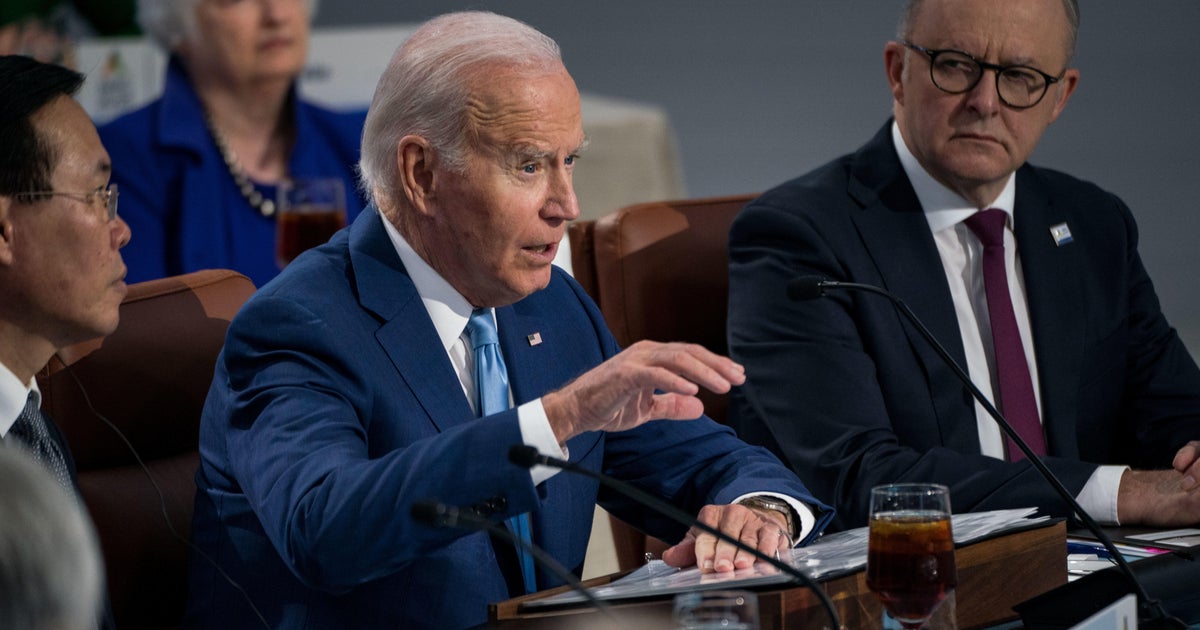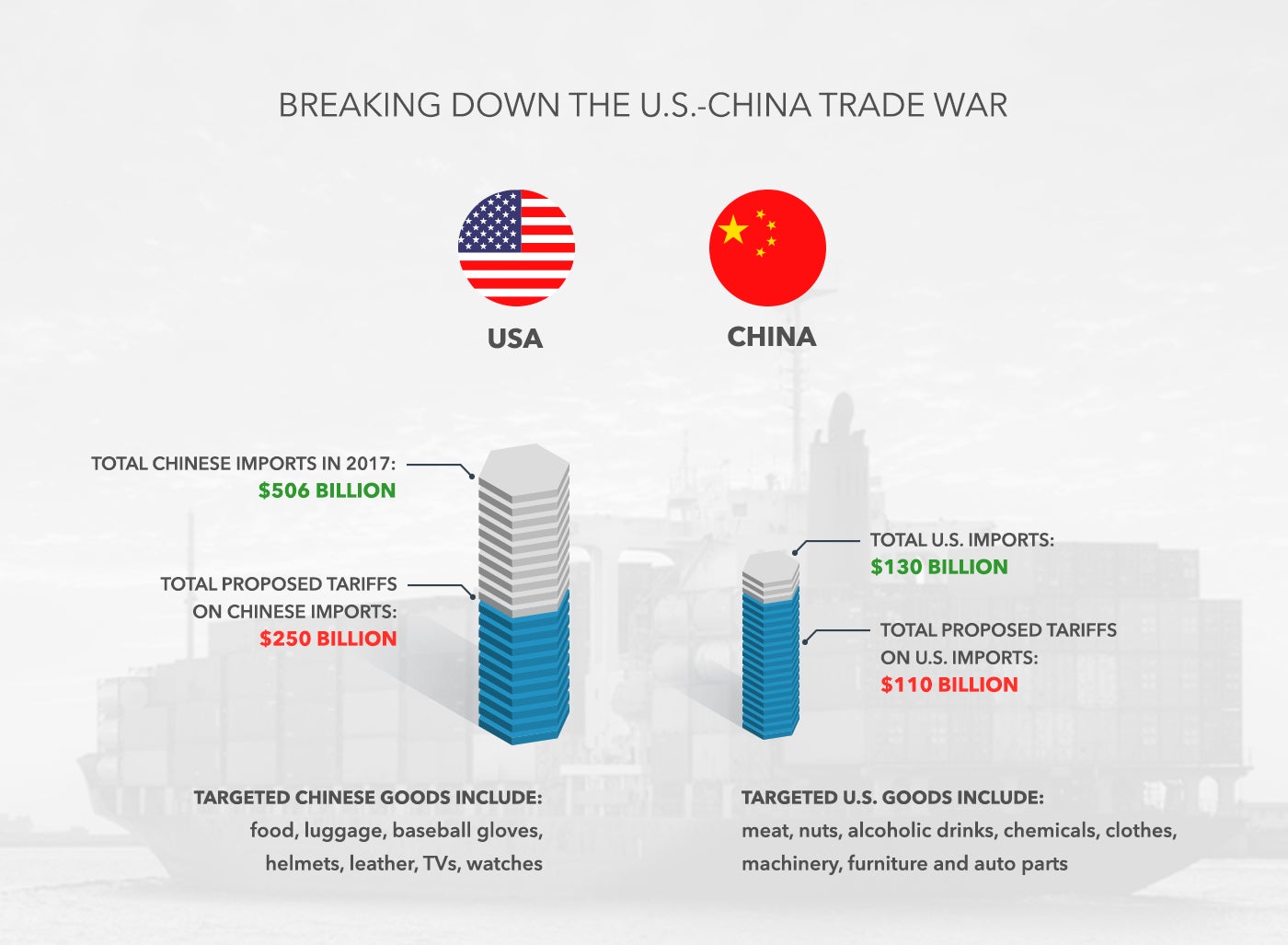Dispute Over UK Trade Deal: White House Rejects Auto Industry Concerns

Table of Contents
A brewing trade conflict is significantly impacting the UK's automotive sector. The White House's recent rejection of key demands from UK automakers has sparked a heated debate about the post-Brexit trade deal and its future implications for the industry. This situation highlights the complex interplay between economic interests and political realities in international trade negotiations.
White House Rejects Key Demands from UK Automakers
The UK automotive industry had lobbied for several crucial concessions within the existing trade agreement. These included substantial tariff reductions on specific car parts, closer regulatory alignment with US standards to simplify manufacturing, and assurances of fair competition to prevent market imbalances. However, the White House firmly rejected these requests, citing concerns about potential harm to the American auto industry and broader national interests.
- Tariff Exemptions: The UK's plea for tariff exemptions on imported components vital for UK car production was denied, increasing manufacturing costs. This directly impacts the price competitiveness of UK-made vehicles in both domestic and international markets.
- Regulatory Alignment: Differences in safety and emission regulations remain a significant hurdle, creating inefficiencies for UK manufacturers and potentially delaying the introduction of new models. The lack of harmonization increases compliance costs and administrative burdens.
- Fair Competition Concerns: The US voiced concerns about potential unfair competition from UK-based automakers, hindering a more comprehensive and mutually beneficial agreement. These concerns centered around potential market share dominance and the impact on American jobs.
Economic Impact of the Trade Dispute on the UK Auto Industry
The consequences of this trade dispute are potentially devastating for the UK auto industry. The inability to secure favorable trade terms could result in significant economic setbacks, impacting employment, investment, and the sector's global competitiveness.
- Job Losses: Increased production costs due to tariffs could trigger plant closures and substantial job losses across the entire automotive supply chain, from manufacturing to ancillary services.
- Reduced Production: Higher costs may compel manufacturers to curtail production, affecting both domestic sales and exports. This reduction in output could lead to further economic ripple effects across related industries.
- Loss of Competitiveness: The inability to compete effectively on price with automakers from other countries could severely undermine the UK's automotive sector, potentially leading to market share erosion and a decline in overall economic output.
Political Fallout and Future Negotiations
This dispute has significant political ramifications, potentially straining UK-US relations beyond trade. The outcome will shape future negotiations and the overall success of post-Brexit trade strategies.
- Further Escalation: The possibility of further escalation remains, potentially leading to retaliatory measures from both sides, exacerbating the economic damage. This could involve tariffs on other goods or restrictions on trade.
- Revised Trade Agreement: Renegotiations may be necessary, potentially leading to a revised agreement that addresses some UK concerns while protecting US interests. This would require significant compromise from both parties.
- Impact on UK-US Relations: The unresolved dispute could negatively affect future collaborations and cooperation across various aspects of the bilateral relationship, impacting areas beyond trade.
Alternative Trade Routes and Strategies for the UK Auto Industry
In response to these challenges, the UK auto industry needs to explore alternative strategies to mitigate the negative impacts. Diversifying trade partnerships and strengthening domestic supply chains are essential for long-term stability and resilience.
- Increased Focus on EU Markets: Strengthening trade relations with the EU, the UK's largest trading partner, is vital to offsetting potential losses from the US market. This requires a robust and cooperative approach to trade negotiations.
- Exploration of New Trade Deals: Actively pursuing new trade agreements with other countries will help diversify markets and lessen dependence on the US. This requires a proactive and strategic approach to international relations.
- Investment in Domestic Supply Chains: Investing in and developing domestic supply chains will reduce reliance on imported components and improve resilience to future trade disruptions. This involves significant investment and a long-term perspective.
Conclusion:
The dispute over the UK trade deal and the White House's rejection of the auto industry's concerns highlight the intricate challenges of international trade negotiations. Understanding the economic and political implications is crucial for developing future strategies for the UK automotive sector. Staying informed about the ongoing developments in this UK trade deal dispute and its impact on the broader UK economy is vital for businesses, policymakers, and anyone interested in the future of UK-US relations. Closely monitoring the situation and actively engaging in the discussion is essential to navigate the complexities of this evolving trade landscape.

Featured Posts
-
 U S And China Tariff Reductions A Comprehensive Economic Analysis
May 13, 2025
U S And China Tariff Reductions A Comprehensive Economic Analysis
May 13, 2025 -
 Newcastle Fans Championship Play Off Predictions Who Will Win
May 13, 2025
Newcastle Fans Championship Play Off Predictions Who Will Win
May 13, 2025 -
 Deposition Misconduct Allegations Megan Thee Stallion Vs Tory Lanez
May 13, 2025
Deposition Misconduct Allegations Megan Thee Stallion Vs Tory Lanez
May 13, 2025 -
 How A Gerard Butler Movie Turned Its Fortune On Netflix
May 13, 2025
How A Gerard Butler Movie Turned Its Fortune On Netflix
May 13, 2025 -
 Pegula Falls To Sabalenka In Miami Open Final
May 13, 2025
Pegula Falls To Sabalenka In Miami Open Final
May 13, 2025
